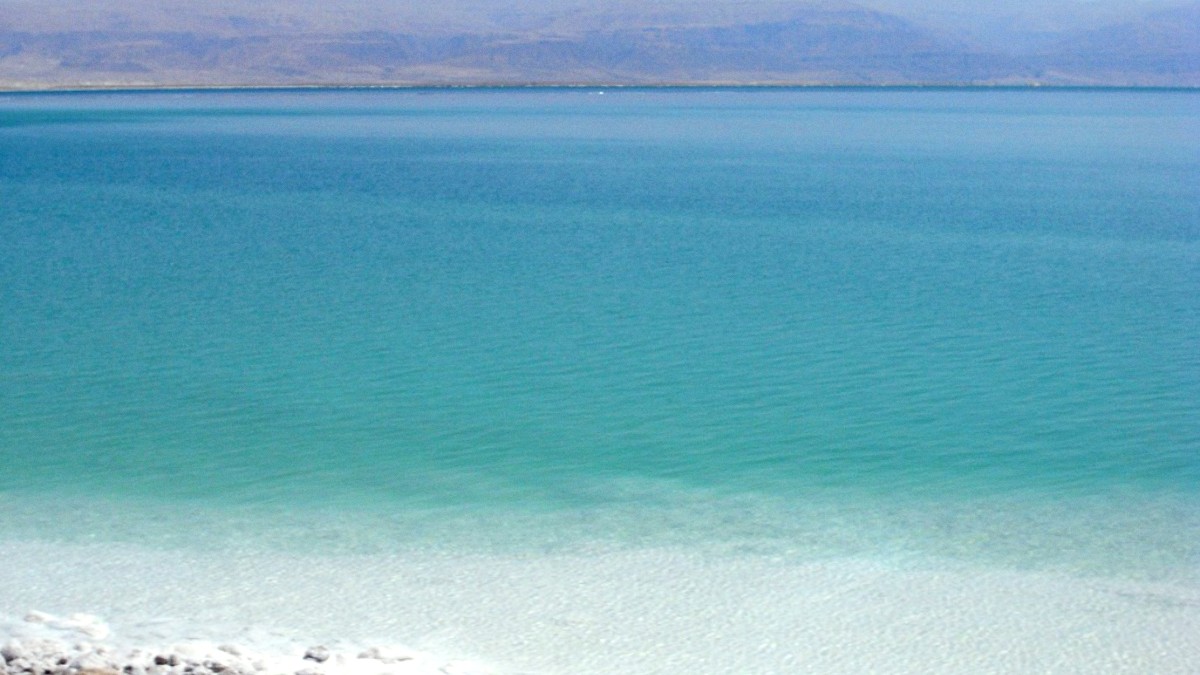
Israel And The Palestinian Territories
The Dead Sea area a wealth of historical and natural wonders. Masada is a testament to ancient history, while Ein Gedi Nature Reserve a lush oasis.
The unique floating experience of the Dead Sea itself a main draw. Qumran National Park nearby, with its connection to the Dead Sea Scrolls.
Wear sturdy walking shoes. Bring plenty of water. Swimming permitted in some pools. Check for flash flood warnings in winter. Pay attention to signs regarding wildlife.
Wear water shoes when entering the water to protect your feet from sharp salt crystals and rough ground.
Avoid getting water in your eyes or mouth, as the salt stings intensely. Do not shave before floating.
Limit floating time to 10-20 minutes at a time to prevent skin irritation.
Rinse thoroughly with fresh water immediately after floating. Bring your own quick-dry towel.
Early morning or late afternoon. Weekdays are less crowded than weekends.
While not as numerous as in major cities, the Dead Sea region has a few outstanding cultural and historical spots beyond the iconic landmarks.
This small museum within Kibbutz Ein Gedi focuses on the history and nature of the kibbutz and the surrounding region. It a look into communal life and local ecology.
The actual scrolls are housed at the Shrine of the Book at the Israel Museum in Jerusalem. They are not at Qumran, where they were discovered. Plan a visit to Jerusalem to see these ancient texts.
Located in the Palestinian Authority-controlled city of Jericho. This archaeological mound believed to be one of the oldest continually inhabited cities in the world. It ruins from various historical periods.
A site believed to be where Jesus was tempted by the devil. You can reach it by cable car from Jericho. A Greek Orthodox monastery sits on its side.
On the Jordan River, north of the Dead Sea. This site believed to be the traditional location of Jesus' baptism by John the Baptist. It shared with Jordan.
A natural rock formation south of Ein Bokek, linked to the biblical story of Lot's wife. You can see it from the road (Route 90).
For tours and tickets to attractions like Masada, Ein Gedi, and Qumran, consider booking through platforms like GetYourGuide for convenience.
Always check current travel advisories, especially for areas in the West Bank, to ensure a safe journey.
Be aware of environmental impact. Dead Sea sinkholes are dangerous; affected areas are fenced off. Respect local environmental signs.
Masada: Its history is deep and dramatic. Qumran: This site a look into ancient Jewish life.
The desert landscape around the Dead Sea holds many natural wonders and less-visited spots.
The region stunning desert landscapes, including wadis and unique geological formations.
Beyond the main attractions, unique, quieter experiences.
Trails range from easy walks to challenging climbs, suiting various fitness levels. Always prepare with water and appropriate footwear.
The unique buoyancy of the Dead Sea water creates an effortless floating sensation. A must-do for visitors to the region.
Capture the dramatic landscapes, salt formations, and unique views of the Dead Sea and surrounding desert.
Lot's Wife Pillar: A natural rock formation linked to the biblical story of Lot's wife. View from Route 90.
Explore the ruins and see the caves where the Dead Sea Scrolls were found from a distance.
Tel es-Sultan and Mount of Temptation offer ancient history and religious significance in Jericho.
Numerous dry riverbeds (wadis) in the Judean Desert offer challenging hikes for experienced adventurers.
Ein Gedi Nature Reserve offers lush oases, waterfalls, and wildlife sightings like Ibex and Rock Hyrax.
While not as numerous as in major cities, the Dead Sea region has a few outstanding cultural spots.
Beyond the iconic landmarks, other historical spots offer insight into the region's past.
Always follow local guidance and signage, especially regarding sinkholes and hiking trails.
Flash floods can occur in wadis during winter rains. Check weather conditions before venturing out.
The desert landscape around the Dead Sea holds many natural wonders and less-visited spots.
The desert landscape offers diverse natural beauty.
Discover less-visited spots that offer unique experiences.
A lush oasis in the desert with four springs, waterfalls (David Stream, Arugot Stream), and diverse flora and fauna.
Entry fee applies (approx. ₪28). Last entry 1 hour before closing.
A unique sensation of floating effortlessly due to the water's high buoyancy, rich in minerals.
Public beaches are free and have facilities. Limit floating time to 10-20 minutes.
An archaeological site near the northwestern shore, believed to be the home of the Essenes, where Dead Sea Scrolls were found.
Entry fee applies (approx. ₪28).
A small museum within Kibbutz Ein Gedi focuses on local history, nature, and communal life.
Located in Jericho, accessible by cable car, believed to be where Jesus was tempted.
A traditional baptism site on the Jordan River, significant for Christian pilgrims.